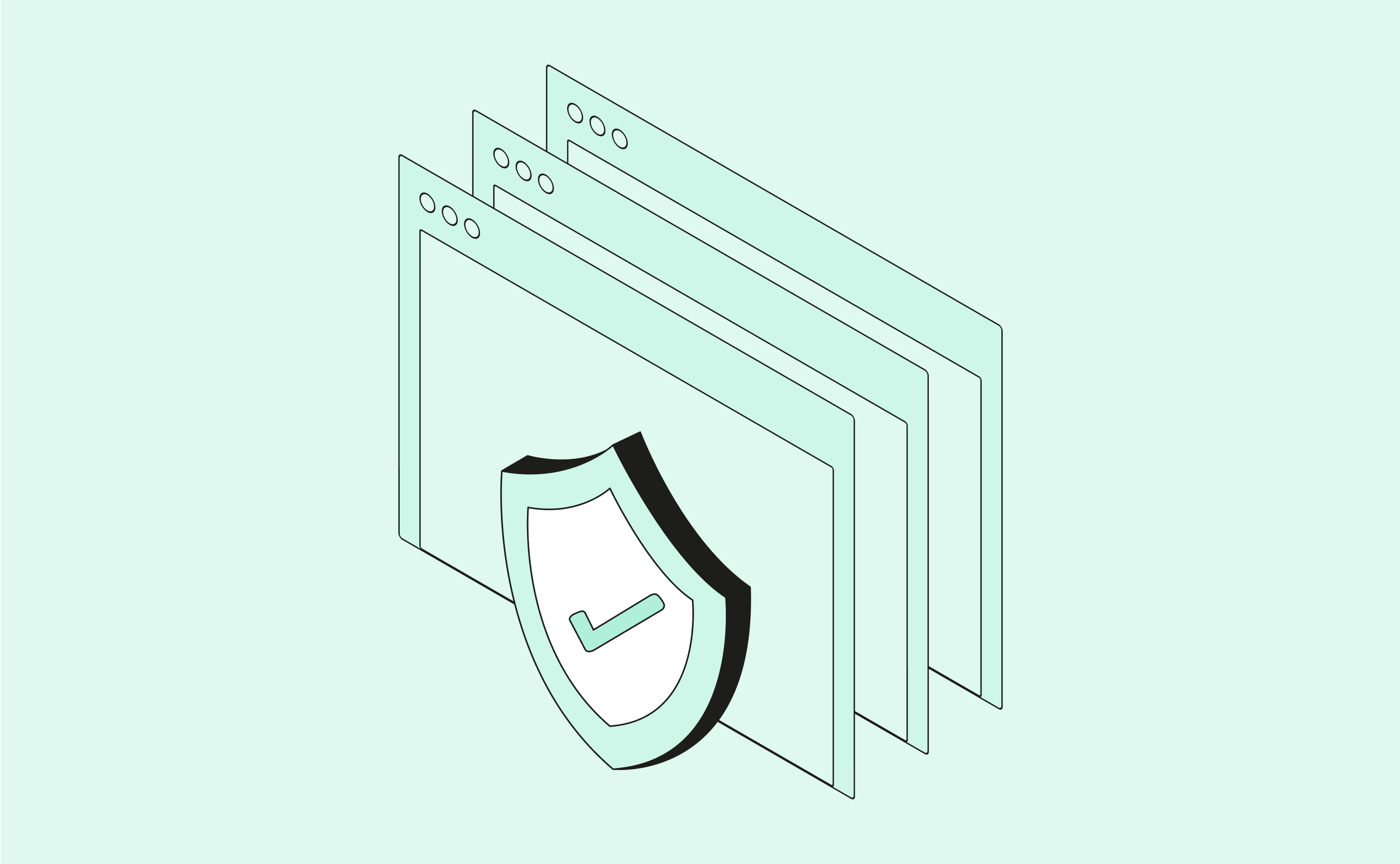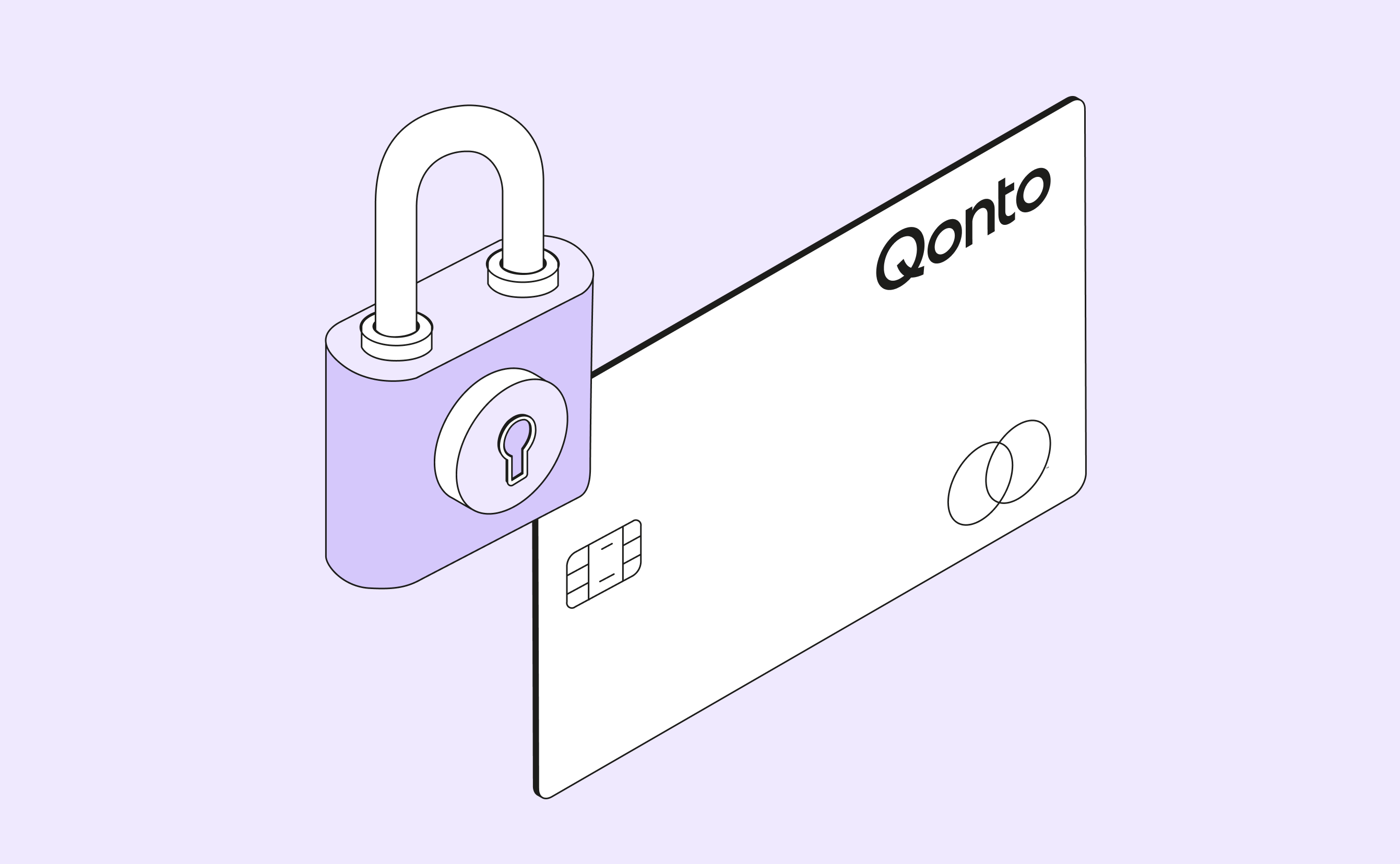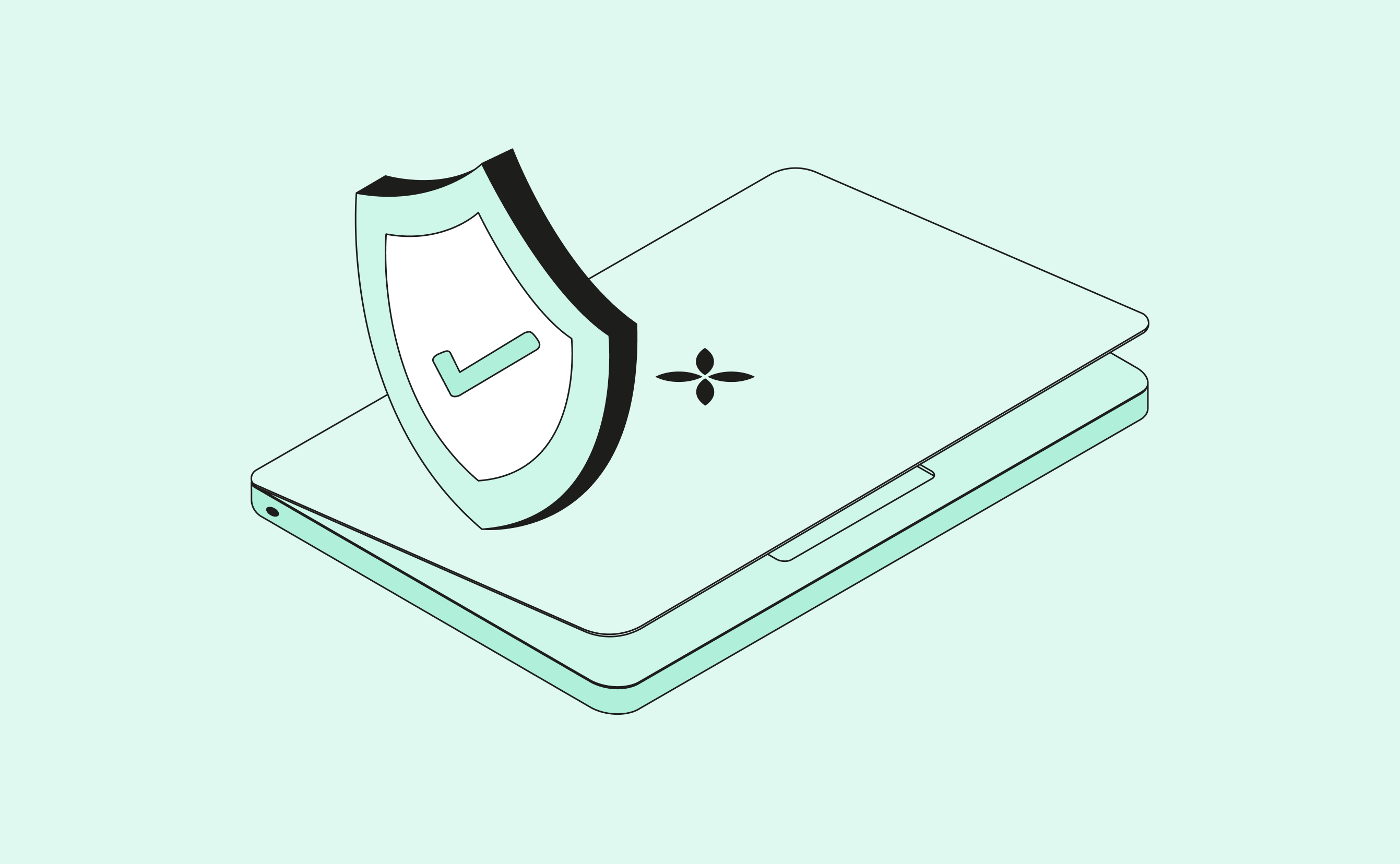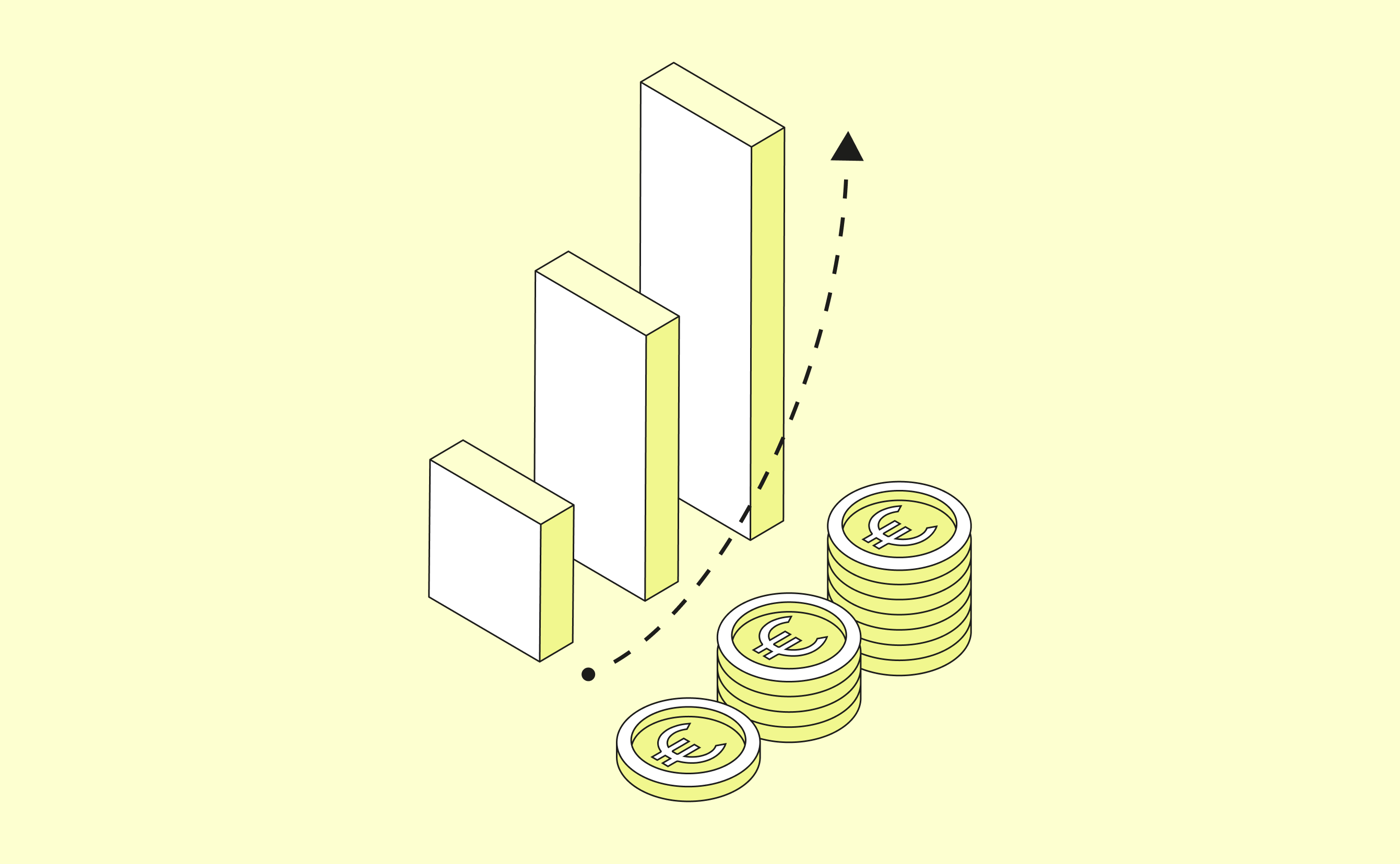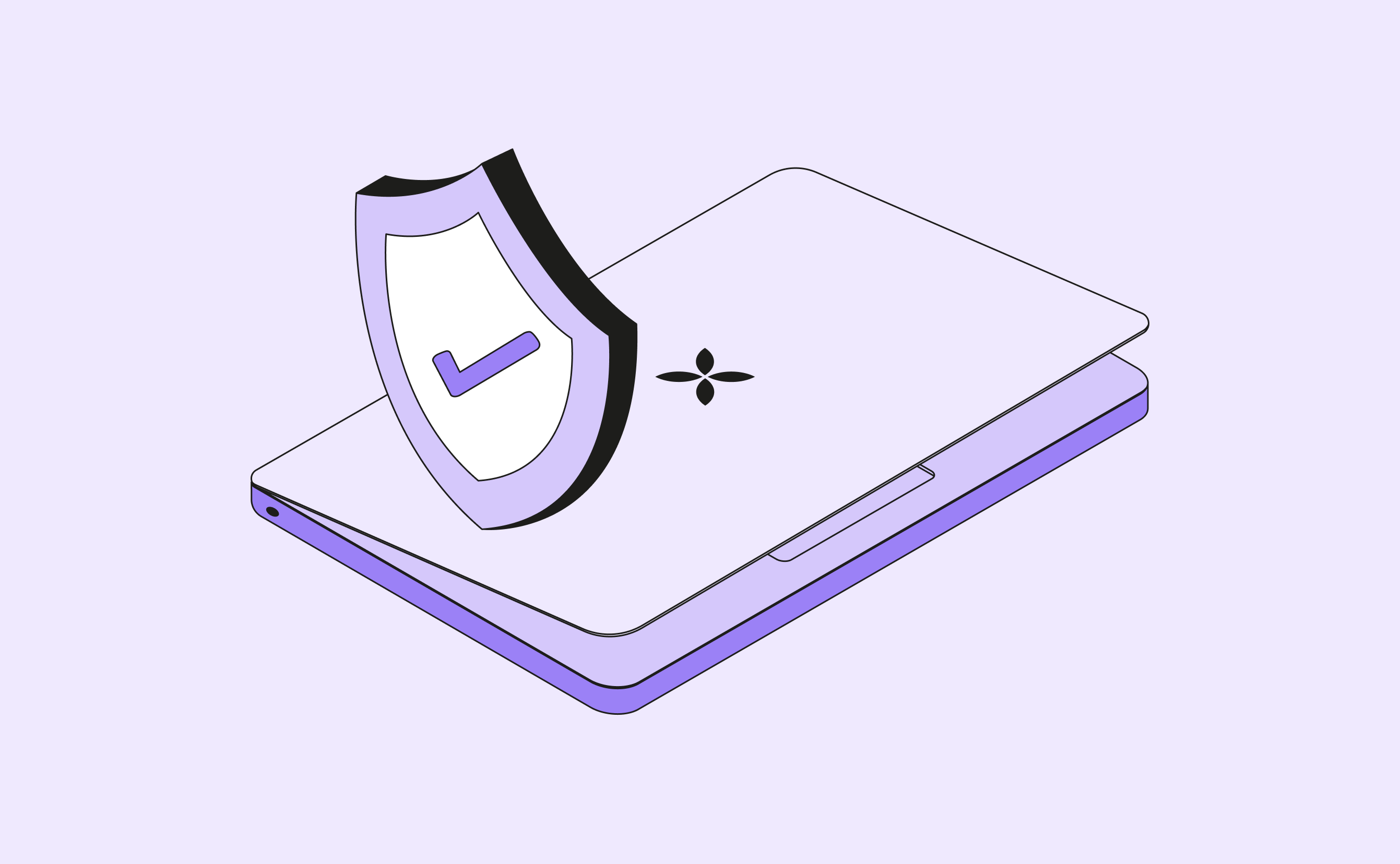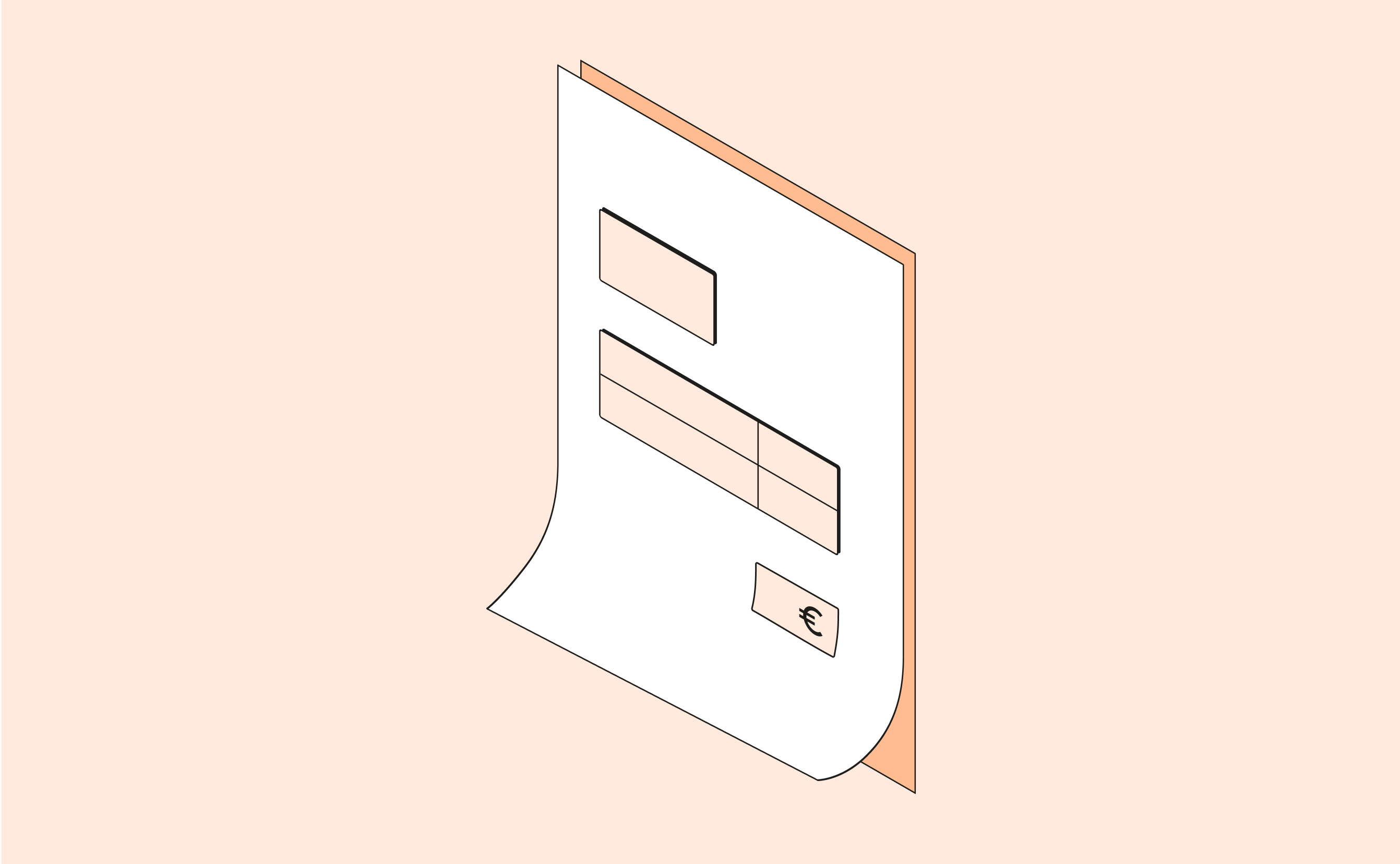Online banking security has made huge progress in recent years, protecting account holders with a variety of identification methods and anti-fraud software. However, fraudsters can circumvent these protective measures by fooling us into giving away information or access to our accounts.
This is what makes banking scams so dangerous. They infiltrate through deception and trick us into doing the hard work for them. 2023 has already seen a number of these cases, with a particular upswing of financial crime in India. The US Federal Trade Commission also reported a significant rise in consumer-related crime during the COVID instigated lockdowns.
So what can be done about it?
As with many things, your first and strongest defence will always be education. Learning how to identify banking scams in all their versatility and creativity will give you an edge these criminals won’t expect.
In this blog, we’re going to help you get started on identifying banking scams in 2022. We’ll cover the major scams of today, how they do it, and what you can do if it happens to you. We’ll also discuss prevention methods, specifically how you can protect yourself using SCA, or Secure Customer Authentication, on your Qonto account.
